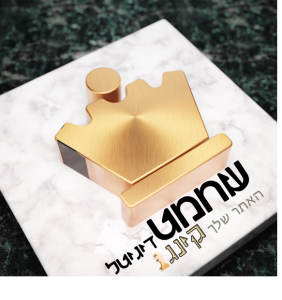Attached not detached!?
‘When you reap the harvest of your land, do not reap to the corners of your field, and do not gather the gleanings which you harvest. Instead, leave them for the poor and the convert – I am the L-d Your G-d’ (Vayikra 23,22)
This verse is a restatement of the mitzvot of ‘Peah’ and ‘Leket’ (Vayikra 19,9). These mitzvot obligate farmers to leave a corner of their fields, and to leave produce which falls from their hands at the time of reaping, for the needy to collect.
Why does the Torah restate these mitzvot, especially in the context of the description of the Three Pilgrimage Festivals (Shalosh Regalim), specifically the ‘Omer’ period between the second day of Pesach and Shavuot?
Rashi, the leading Torah commentator quotes the Midrash, in the name of Rabbi Avdimi, that the restatement emphasizes that whoever observes these mitzvot properly, is considered to have built the Temple and worshipped properly there.
In other words, these mitzvoth of ‘Peah’ and ‘Leket may seem to be wholly bound up with material matters that affect members of a society (“Ben Adam LeChavero”- (between man andhis fellow man.)”, should be taken just as seriously as mitzvot which do not entail any other person’s involvement (Ben Adam LeMakom- mitzvot between man and God) such as the Rebuilding of the Temple. Judaism is a way of life which promotes meaning through being involved with and attempting to improve the world, not by detaching oneself from it.

 שחמט דיגיטל
שחמט דיגיטל